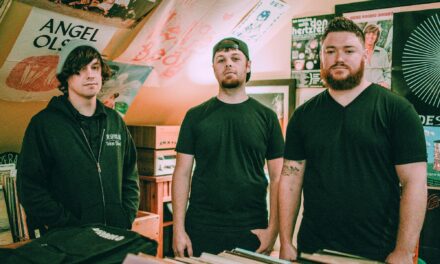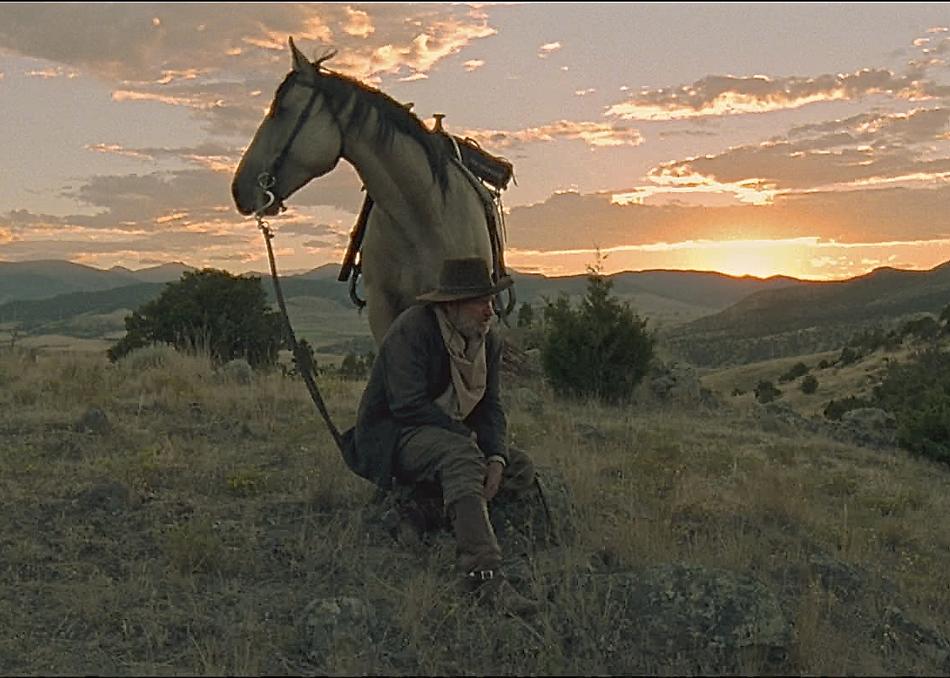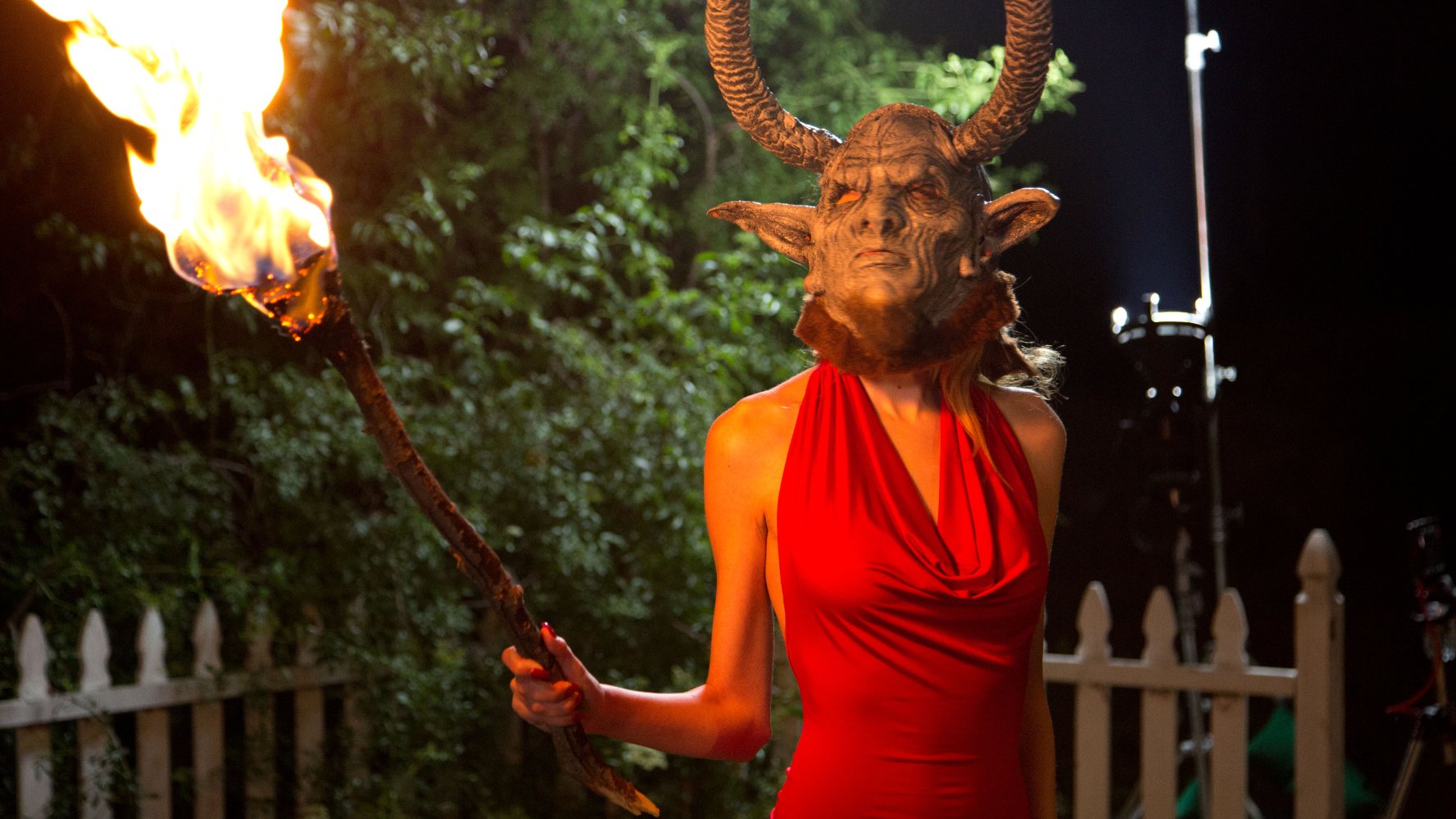You can be honest with me. There’s a healthy amount of skepticism when people hear the word psychic or believe there’s a way to peer into the afterlife. Some people may not even believe in places we go after hitting our inevitable fates of death entirely — let alone think that people can see visions through a crystal ball or tarot cards. One is because spirits contacting us sounds too scary and ridiculous, and also, it’s just easier to accept once someone is gone; that’s it. It would be more painful to hold on to that hope.
Nevertheless, many who choose to disbelieve seek clarity and a radiance of emotional comfort within the wounds of loss. Lana Wilson’s Look Into My Eyes might not reform you to be a believer in the spiritual realm or place your faith within those who claim they have access to it. It’s not what the objective of the documentary is at all. If anything, it meets this practice with a heavy sense of neutrality. Instead, Wilson intends for you to see why such a practice is sought after and humanize those behind the channeling and fortune-telling. There’s almost a symbolic relationship between the New York medium subjects within the documentary and the clients they see. If a single person had all this insight, one would think they could read lottery numbers and transmute many of life’s obstacles and roadblocks. But alas, it doesn’t work that way, and the saying “physician heal thyself” comes into play. As you find out throughout the documentary, these seven unique subjects all have something they are dealing with. While they may be able to channel a loved one for reassurance and, by chance, guide where to go next, they aren’t immune to all the pains their clients face.

A still from Look Into My Eyes by Lana Wilson, an official selection of the Premieres Program at the 2024 Sundance Film Festival. Courtesy of Sundance Institute.
Thus, you have the compound interest of feeling someone else’s pain while trying to deal with your own. Wilson’s entry point for the audience in Look Into My Eyes is different looks into uninterrupted sessions (one in particular at the beginning of the documentary she traces back to). This way, the audience can see and feel how emotional the experience can be for the two parties involved. It’s not necessarily one particular scenario where somebody is contacting the dead. A person searches for her adoptive parents and what they were like, and there’s even an animal psychic who can peer into the needs and attitudes of a pet. It could be valid that all these people didn’t allow themselves to see this line of work as a valid practice. But with Wilson allowing the audience to see the limited and intimate settings of people, allowing the most bottomless pits of emotionality to be open to these messages, a beautiful exchange occurs. Maybe you didn’t get to say goodbye to that friend or family member before they passed away, but they know they are with you. No matter how farfetched it feels, it’s reassuring to know that there is someone to understand your ils beyond the conventional advice.
Wilson could have done the whole documentary from the perspective of these readings, but the secret sauce of Look Into My Eyes is when it turns the camera back on the mediums themselves and humanizes them outside of any proclivities the public may have on them. With these sessions, there is a natural gravitation to the theatrical, and mostly all of the psychics in this documentary have dabbled in the arts in some way, shape, or form. They were either past actors (or still looking to get there), screenwriters, or cinephiles. They even dress up for the occasion, which might lead you to believe these are heightened stage plays. As you can imagine, mediumship is not lucrative; thus, time is split between odd jobs and this one. As Wilson digs deeper, she finds that each person has expressed some tremendous loss or bout with depression at one stage. In two particular instances, one medium had to deal with being closeted and losing his older brother. Another medium was very close to her mother, who unexpectedly passed away, and she needed a way to try to connect with her for answers. Ultimately, the spiritual community is an inclusive place for people with unique gifts from all backgrounds and orientations to unite and feel like they belong.
It’s not as if Look Into My Eyes doesn’t shy away from moments where readings get away from the reader. There’s a transparency where channeling doesn’t quite go right, and the readers question if their gifts are as strong as they think. It’s not like a magician having a system to identify which card you pulled out of the deck. Instead, these people are allowing themselves to be conduits to something greater than themselves. In the way Wilson brings these heights down to our eye level, you leave with a new appreciation or curiosity about what this line of service is.













